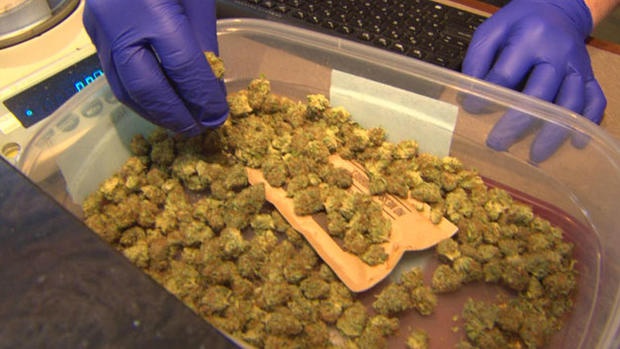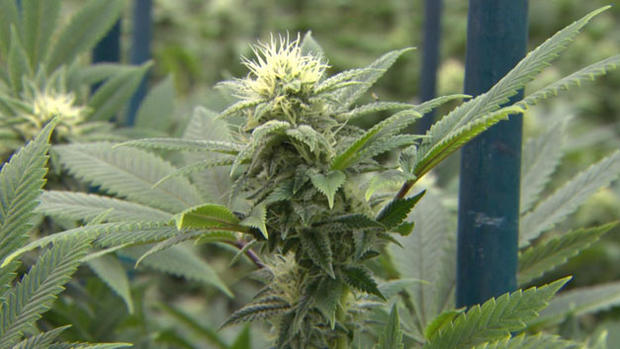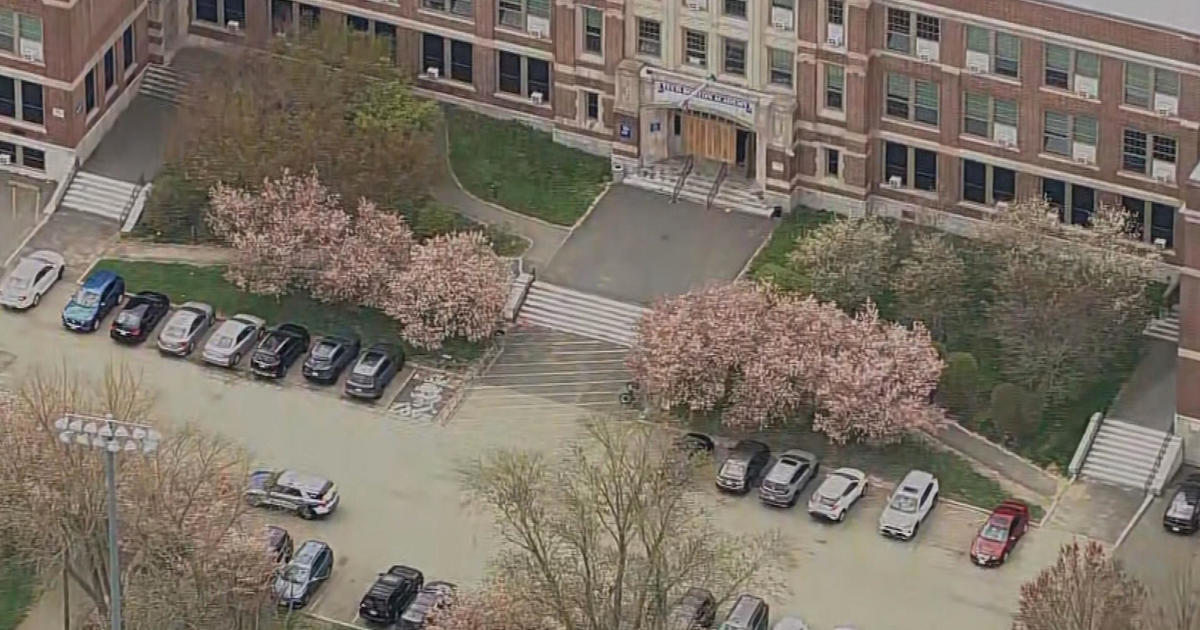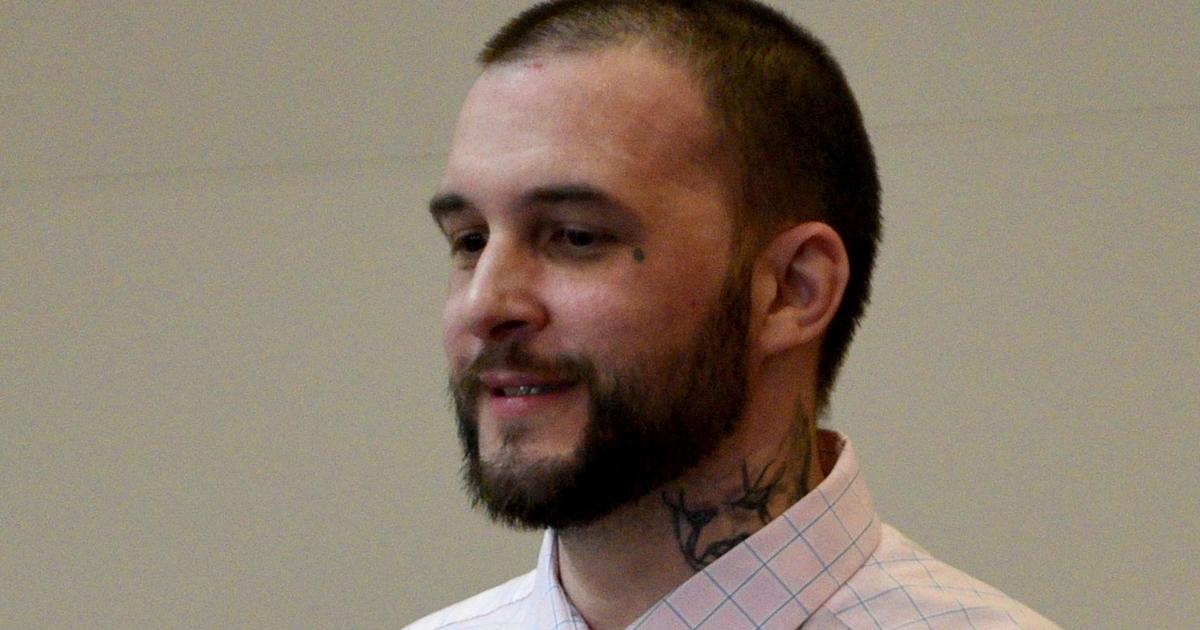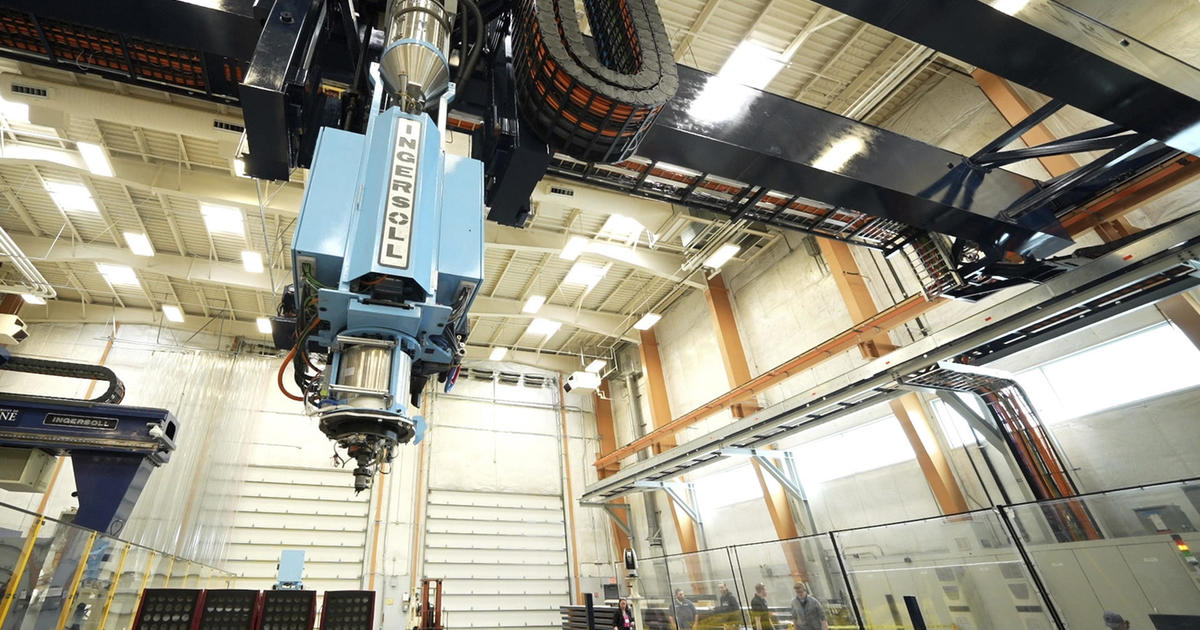I-Team: The Economics Of Legal Pot
Edgewater, CO (CBS) - In suburban Edgewater, Colorado there are just 5,000 residents. And yet this middle class suburb is home to six marijuana dispensaries.
"We've had an influx of revenue, sales tax revenue," says Town Administrator HJ Stalf.
He took the I-Team on a walk through his town showing us the quiet neighborhoods. In the two years since recreational marijuana became legal in Colorado, sales tax from pot has become 20 percent of Edgewater's budget. It's used for capitol improvements.
Related: I-Team - Pot Or Not
"We've repaved all the streets and sidewalks," Stalf says. "The first year we bought new police cars."
The town was a traditionally a working class suburb but has lately been in the midst of gentrification. Modest homes are being torn down to build new houses.
Stalf says this probably has more to do with the town's proximity to Downtown Denver, but marijuana hasn't hurt.
Residents who spoke to the I-Team were overwhelmingly supportive of the dispensaries saying they had little or no impact on the neighborhood.
Edgewater's experience is not typical. It's small size and large number of dispensaries mean the money plays a bigger role. Many neighboring towns opted out of recreational marijuana.
In Colorado, sales of marijuana were nearly $1 billion in 2015. Sales tax revenues topped $100 million. The industry has created 20,000 jobs.
Norton Arbelaez who owns Denver's River Rock Dispensary and has a stake in medical dispensaries in Massachusetts says the industry has experienced tremendous growth. He has 60 employees in Colorado.
"We see this as an economic opportunity for Massachusetts," Arbelaez told the I-Team.
Medical marijuana has taken off in Massachusetts. At New England Treatment Access in Brookline, patients stream in daily to purchase medical marijuana and edible pot. One young woman suffering from fibromyalgia says she spends $300 per month.
And yet even with the popularity, a state report shows medical marijuana is not covering the costs of implementing the program, including routine inspections.
That's something state lawmakers worry about happening if recreational marijuana becomes legal. An entirely new government board would be created to regulate the industry.
Andrew Freedman, tasked with implementing Colorado's recreational marijuana program, also cautions about approving this based purely on tax revenue. He says $100 million is a lot of money, but it accounts for less than one percent of the state's budget.
"I try to keep this in scale for people," he explained. "100 million dollars isn't going to pay your teachers and it's not going to pave your roads and it's not going to pay for health care."
In Massachusetts' ballot question, the taxes are structured differently. Marijuana would be taxed at just 12 percent. Far lower than in Colorado where the effective tax rate is close to 30 percent or Washington where it is even higher.
The people behind the legalization push say they want to keep marijuana affordable in Massachusetts so people won't be tempted to turn to the black market.
